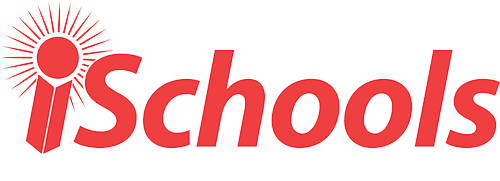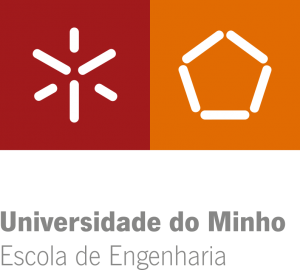Luciana Freire finaliza o seu Doutoramento
Tema da Tese: ‘Método Integrado para Avaliação de Usabilidade em E-Learning’
Autor: Luciana Lopes Freire
Orientadores: Pedro Miguel Martins Arezes; José Creissac Campos
Data: 07/04/2022
Programa Doutoral: Engenharia Industrial e de Sistemas
Abstract
E-Learning systems have looked for offering virtual environment of learning, where one can access to educative contents, besides sharing knowledge of a collaborative way in several educational levels. This model of education has extended itself beyond both professional and/or individual interests, where there have been lots of possibilities of interaction (among different type of users) that such systems (LMS -Learning Management Systems) have become targets of interest for all. With the Corona Virus Virus Pandemic, reaching frightening data in relation to the number of deaths, all over the world, the need for social isolation actions became evident and this naturally included the need to adhere to the distance learning format, in its forms of remote, hybrid education (face-to-face and distance). With all countries in the world on alert, throughout 2020 different measures were taken to deal with access to education. In Brazil, a Ministry of Education website was created to monitor public education activities at various levels of complexity. Such education systems at distance have offerded an extreme demand and universal access to themes that once were inaccessible to a plenty of population. This context means the social and cultural changes, besides political and economic changes, where education works as a center of all. Based on this premise, it is necessary that the respective systems come to offer interfaces where the principles of usability oriented by ergonomics can be seen. A very important particular data shows its main audience (students and teachers) has looked for enjoying the learning and teaching processes, causing the least possible troubles in doing tasks. The research had as goal the development of an integrated and remote model (IRM; MIRA, in a Portuguese acronym) for evaluation of usability in e-Learning systems, specially for the LMS. This model came from the hypothesis that the methods and procedures used in accomplishment of evaluation systems, like the LMS, need be built based on users’ profiles, besides on the educative nature of the systems. Thus, the IRM has to be used in the LMS it self through a better evaluation of usability, focusing the integration of results in order to orient its redesign with ergonomic recommendations. The methology gave priority to a holistic, dialectic and contextual approach because, through this way, it was possible to understand the integration of the already commented data by users in the own LMS. By admitting that students and teacher are the best users of LMS and its context of usage, you gave priority to «the word of user» and his or her real context of interaction with the LMS. So, the ones who have taken part of an investigation have made evaluation experiences through ergonomic methods formerly established: (1) SUS (System Usability Scale) inquiry, which bends to the quantitative evaluation; and (2) a Focus Group on line, direction to a qualitative evaluation. The result of the IRM application proved the importance of “listening to” the main users of the system as regards interactions in their context of usability. This allows the researcher to see that the focus of evaluation is concentrated in an integration of qualitative and quantitative results, based on what the users have thought about the usability in usage of the systems, taking into consideration the added value of you can analyze (and re-evaluate) in loco the improvements to the LMS. Finally, the conclusion of this research re-affirms the necessity of a multi-disciplining view on the evaluation of usability of the e-Learning systems as they leave from Ergonomics to a comprehension of linked areas that exert influence on their LMS usage. The Remote Integrated Model of Evaluation of usability in e-Learning systems consolidates itself as a farther tool in search for the LMS which are conceived, developed, analyzed, and evaluated to assist to users without they need to learn on interface to instruct themselves by it.



